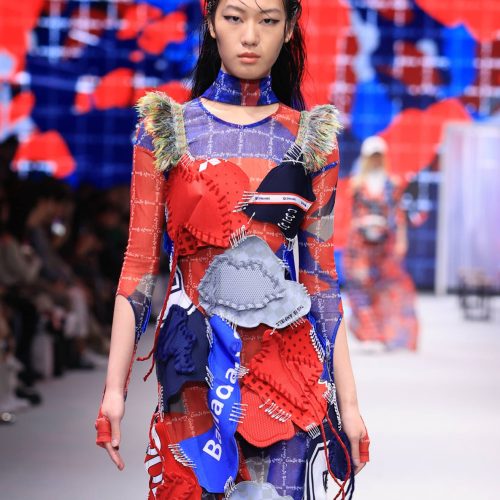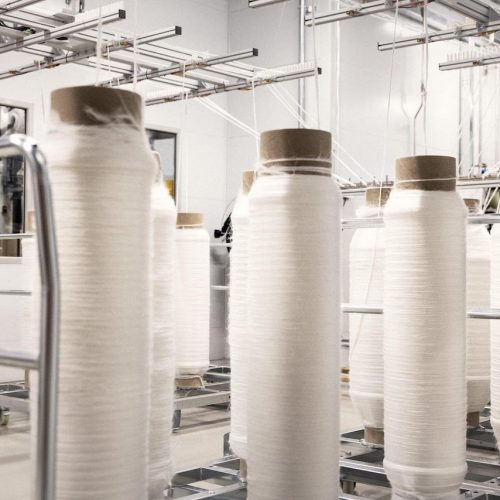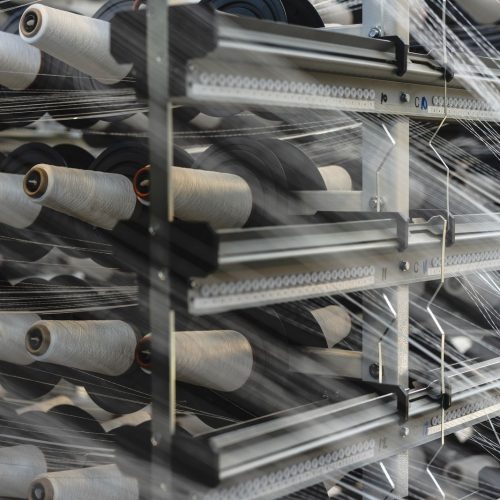The Green Claims Directive | Interview with Professor Kate Fletcher
Proposed in March 2023, The Green Claims Directive is set to regulate new rules on greenwashing for the first time in the European Union. There, questions rise in several areas. Professor Kate Fletcher shares her expertise about expectations in the fashion industry.
To receive the Luxiders Newsletter, sign up here.
The European Union’s path on the Green Transition is on a continuous progression. However, the case of greenwashing was never directly included in the legislation before. With the March 2023 dated Green Claims Directive, it is the first time that a special law on greenwashing to protect consumers from misinformation is proposed. Though this is just part of the change, still there are various questions from several industries and people. We asked Professor Kate Fletcher about her thoughts and predictions on the potential effects of the proposal.
Professor Kate Fletcher is a research professor, author, consultant, and design activist who is highly engaged in environmental ethics and fashion’s transition towards eco-consciousness. As the co-founder of the Union of Concerned Researchers in Fashion, she is the most cited scholar in fashion and sustainability areas. Author of 11 books, Fletcher has over 80 publications. Currently, she is Professor in Sustainability and Design at the Royal Danish Academy, Copenhagen, and Oslo Metropolitan University, Norway. Here you can read her expertise on what we should expect from the Green Claims Directive in terms of sustainable fashion.
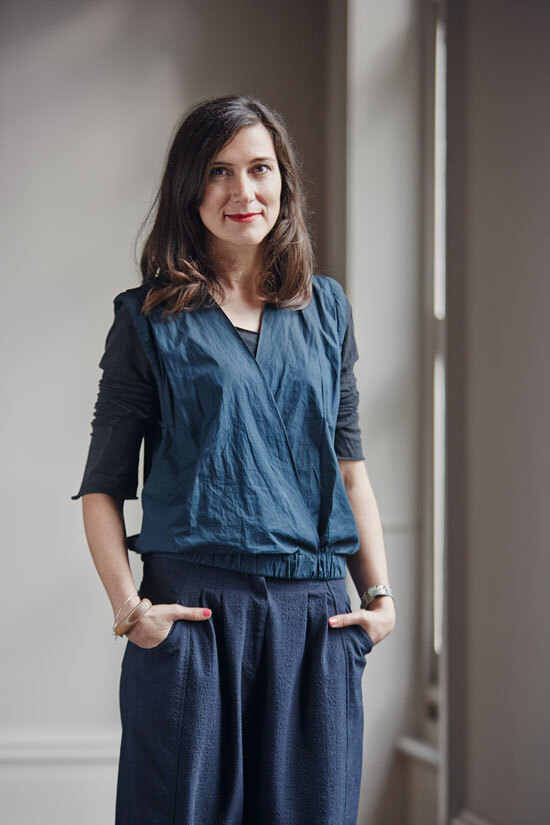
Professor Kate Fletcher
What do you think about the new directive of Green Claims, proposed by the European Union?
The new directive seeks to tackle unfair commercial practices that mislead consumers and influence their choices. This is most definitely a good thing! Getting rid of false claims and inaccurate information is essential work and this directive on Green Claims will help do that. Yet, getting rid of the bad, doesn’t necessarily make the rest ‘good’. The absence of false green claims doesn’t mean ecological nirvana. We are locked in a system where we buy more than we need and then we choose green products to try to reduce their impact. But consumption always has an environmental cost. And buying less in the first place is a faster route to reducing impact. I welcome the directive - here’s to fewer false green claims and fewer products overall.
What amount of a change in brands do you expect from this directive in terms of sustainable transition in fashion? What could have been done to achieve more in your opinion?
The big green challenge in the fashion sector is overproduction and overconsumption of clothes. I would have liked the Green Claims directive to be also include a year on year reduction in the volumes of new garments manufactured and sold.
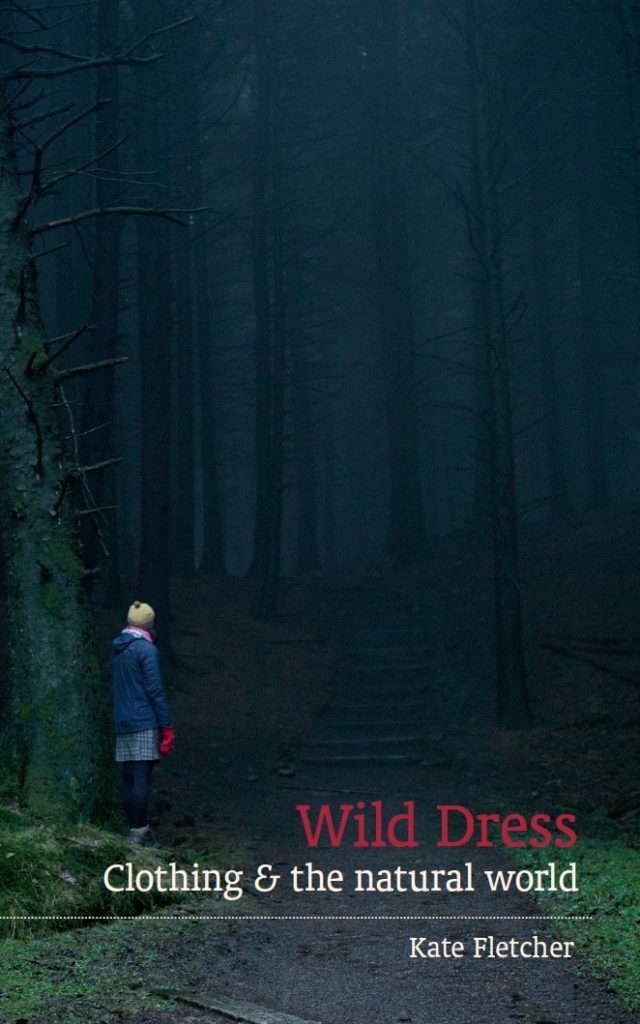
Wild Dress: Clothing & the Natural World by Kate Fletcher
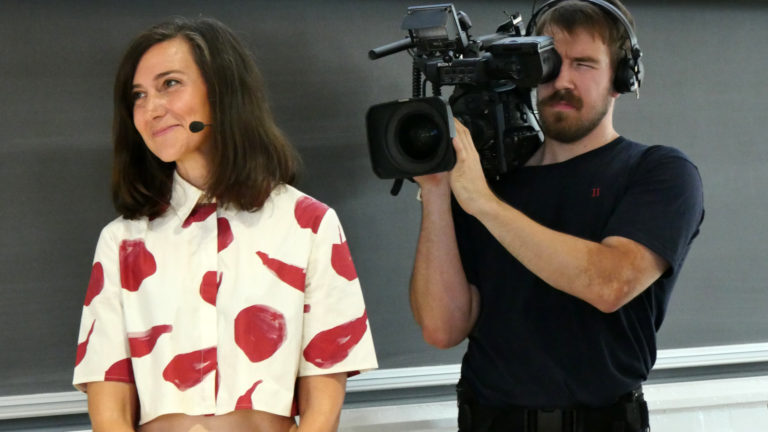
Kate Fletcher
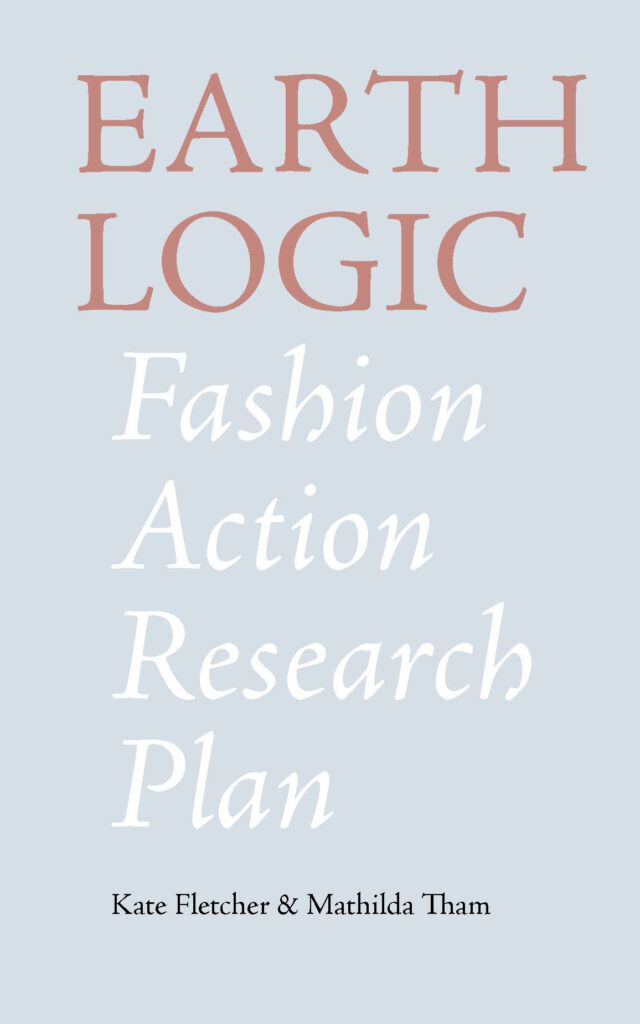
Earth Logic: Fashion Action Research Plan by Kate Fletcher & Mathilde Tham
Do you think this directive will affect consumers’ interpretation of products, considering that a lot of brands will lose their environmentally-responsible labels due to disinformation?
The hope is that all of us who wear clothes will start to ask more questions, to not take labels at face value, to trust our instincts more with clothes. To ask, can a worker really have been paid a fair wage if this is selling for this price? Is this a fibre that I can live with? I think we already know many of the answers. We just have to start acting on them and to vote with our wallets and also know when it is time to put our wallets away and buy nothing.
This interview is part of a huge article about Green Claims Directive published in Luxiders Magazine Issue 1o.
Interview:
Tolga Rahmalaroglu
Luxiders Magazine Contributor
Highlight Image:
© Thomas Richter via Unsplash

